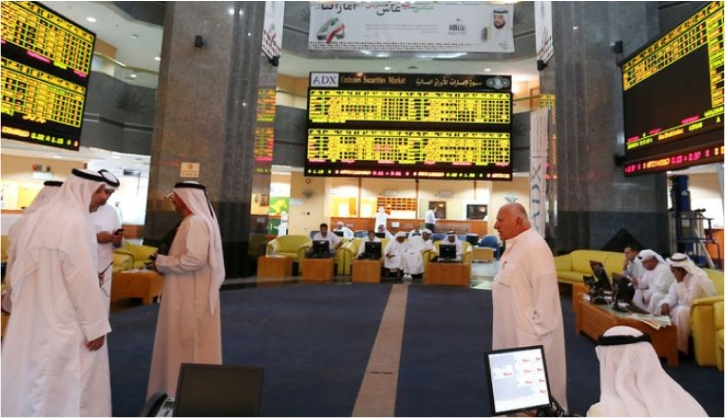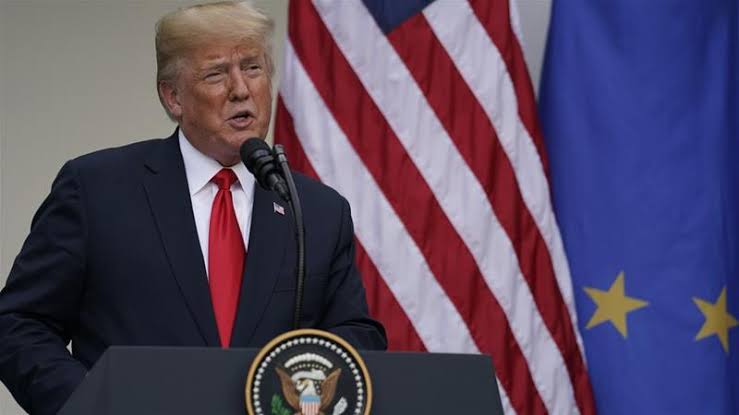All businesses should make getting a good energy deal a priority. Ultimately, it will allow you to keep productivity high and overheads low, so your business can operate as effectively and profitably as possible.
As the UK prepares to leave the EU, UK businesses face a new consideration in relation to their energy supply. What will happen if the UK loses its place within Europe’s Internal Energy Market (IEM)?
The UK has become increasingly reliant on a number of EU countries – e.g. Ireland, France and The Netherlands – for its energy imports. This could have major implications if we can’t secure a harmonised energy trade deal – with UK businesses (and homeowners) facing potential power shortages matched with increased energy costs.
The UK government has promised a ‘green Brexit’ but that claim is starting to come under scrutiny. By leaving the EU, the UK would effectively no longer be legally bound to meet EU climate change targets. This means current measures to build a greener, more efficient energy landscape could in turn slow, or stall.
As the Brexit debate continues, gas mains supplier Flogas, take a look at what businesses need to consider to futureproof their energy supply.
The Internal Energy Market (IEM) – what is it?
The IEM – founded in 1996 – is the mechanism that enables energy trading between EU members. It enables European countries to trade energy quickly, cheaply and easily – allowing them to respond to peaks and troughs in demand and supply. Effectively, countries in need of more energy can access it, whilst those producing more energy than they need can trade it in a common marketplace.
The IEM is also responsible for tax and pricing policies, as well as setting (and implementing) norms and standards to guarantee the protection of the environment and the public’s safety.
What is the function of the IEM?
Put simply, protecting individual and businesses rights, as well as tackling energy poverty is the IEM’s main role. One way it does this, is by developing pan-European supply networks that transport energy between countries. It’s also responsible for defining the roles and responsibilities of the key players in the energy market, and acts as a regulator to ensure the security of our energy supply.
What effect could Brexit have on UK businesses?
Problems might be encountered just keeping the lighting and heating powered. Why? It’s all to do with interconnectors, which enable a cheap and easy flow of energy across borders. Interconnectors form a big part of the UK’s energy mix, and without access to them, the country could experience shortfalls, pushing energy prices up at the same time.
What about eco obligations?
Cleaner energy has been a priority for EU countries for a while now. However, reports suggest that once the UK exits the single energy market, UK businesses will cease to be subject to the same EU rules, regulations and targets surrounding renewables and energy efficiency. Whilst the UK government is adamant it will continue its unwavering commitment to tackle climate change, Brexit has the potential to delay or suspend current energy efficiency measures, pulling us further away from meeting 2030 carbon reduction targets.
What should businesses do to prepare?
If the UK experiences energy supply problems after March 2019 – it might not be able to look to its former EU allies for assistance. With this in mind, experts expect the UK to become more vulnerable to power shortages – whether that’s due to extreme weather events, or generation outages in the pipelines or electrical interconnectors.
Taking everything into consideration, UK businesses could start to look around now at getting the best post-Brexit energy deals. The silver lining is that the switching process can be straightforward by moving to a dedicated business energy supplier who will manage everything (including contacting the existing supplier) on your behalf.

















